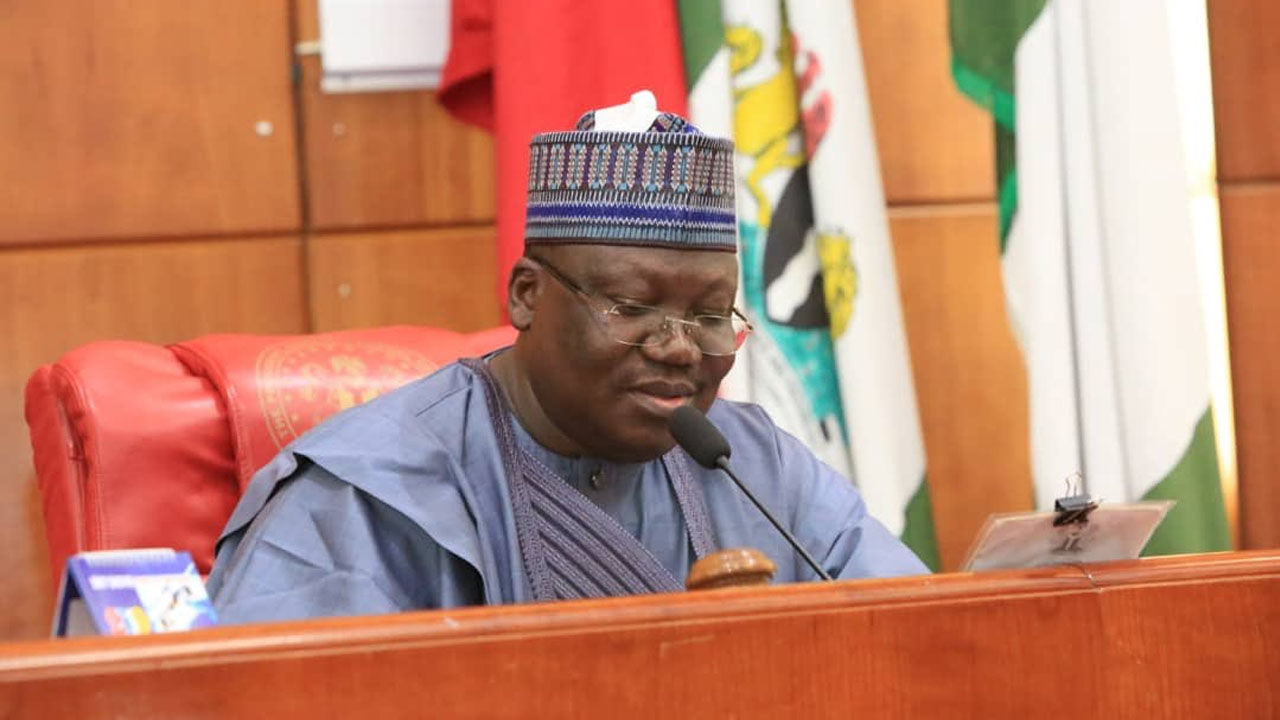In a bold move to address the persistent funding and capacity gaps in Africa’s healthcare sector, the Health Business Academy (HBA) has partnered with First City Monument Bank (FCMB) to empower healthcare entrepreneurs and strengthen business operations across Nigeria.
The initiative is coming against the backdrop of a World Bank estimate that African countries require at least $55 billion yearly to achieve universal healthcare coverage, a target that remains out of reach due to weak systems, poor management, and insufficient investment.
Executive Director of HBA, Wale Olajubu, who spoke during the Memorandum of Understanding (MoU) signing ceremony held at FCMB’s office in Victoria Island, Lagos State, noted that only 30 per cent of healthcare professionals in sub-Saharan Africa receive continuous professional training, while over half of Nigerian health workers lack skills that align with market needs. Additionally, he referenced data showing that 40 per cent of private hospitals in Nigeria fail within their first five years, often due to poor leadership and operational inefficiencies.
The partnership with FCMB, he explained, was designed to directly confront the challenges through co-branded executive education programmes, subsidised training, and exclusive financing packages, adding that the collaboration aims to build business acumen among healthcare professionals, provide easier access to capital, and position FCMB as a leading financial institution in the sector.
According to Olajubu, many healthcare practitioners, though highly skilled clinically, struggle with management and business structures, which the partnership seeks to address.
He said that other objectives include launching a Healthcare Business Group Fund, offering premium banking services to health entrepreneurs, and fostering networking between healthcare professionals and FCMB’s financial experts.
Chairman of Bridge Clinic, Dr Pamela Ajayi, who also spoke at the event, stressed the importance of leadership development, digital literacy, and entrepreneurial thinking in healthcare.
She advocated the need for better health-seeking behaviour and a broader uptake of health insurance, which remains below 20 per cent in Nigeria. Ajayi, therefore, called for stronger public-private collaboration, proposing a model where government funds care, while the private sector delivers it.
Also, FCMB’s Group Head, Women’s Desk, Nnenna Jacob-Ogogo, emphasised the bank’s long-term commitment to healthcare transformation, highlighting the unique decision to recruit healthcare industry experts, rather than traditional bankers to lead the bank’s health initiative.
She also noted the intersection between healthcare and women-owned businesses, adding that the bank’s ventures platform would support female healthcare entrepreneurs with access to finance, markets, and mentorship, adding that the partnership is expected to contribute meaningfully to bridging the continent’s $55 billion healthcare funding gap and catalysing a new era of innovation and sustainability in Africa’s health systems.






